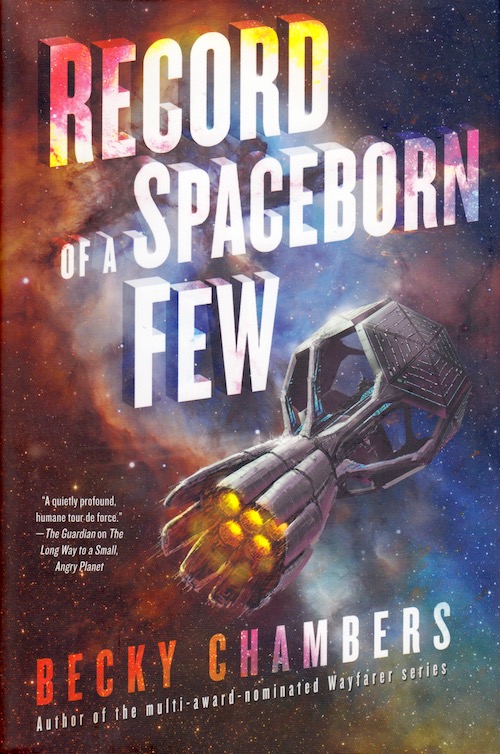Well, that was devastating.
If Beale Street Could Talk is a wonderful book with so much love in it that is nonetheless about how structural racism can ultimately affect that love. Tish and Fonny are a young couple in love, and how they became a couple is told in flashbacks to the main story, where Fonny has been jailed for a crime he didn’t commit, and their struggle to free him.
It’s James Baldwin, so the language is marvelous; it’s James Baldwin, so the racism is cuttingly accurate. But what really struck me was all of the ways that love is shown in the story – the romantic love between Tish and Fonny, but also the friendship between Fonny and Daniel and the sisterly relationship between Tish and Ernestine and the parent-child relationship between Fonny and his father as well as Tish and her parents. The story is bleak, but the relationships and the caring that exists between people in the book was what made it worth reading to me.
Highly recommended.



